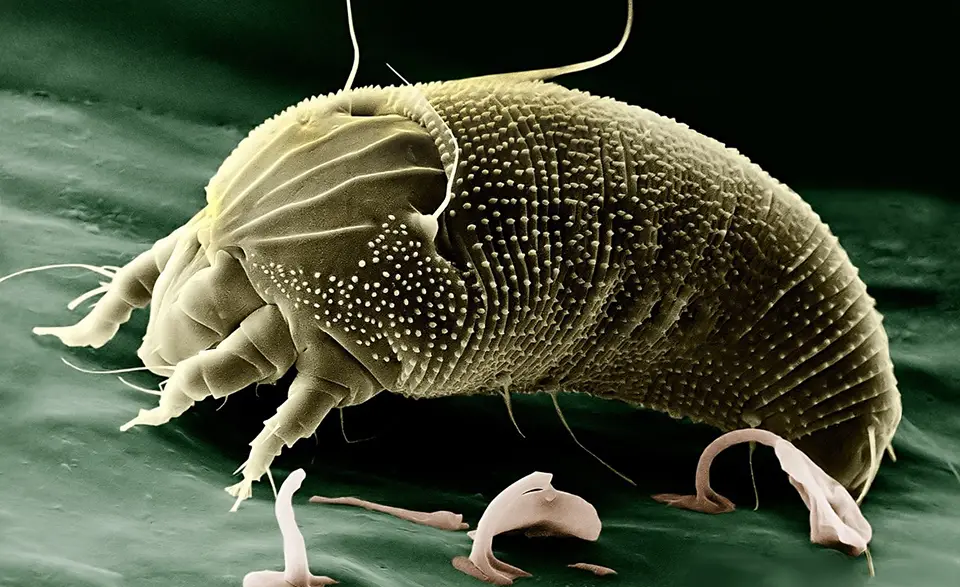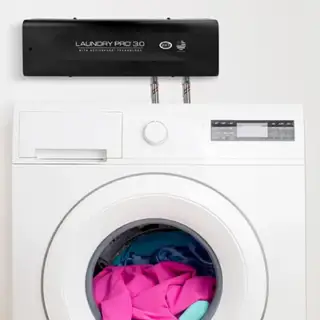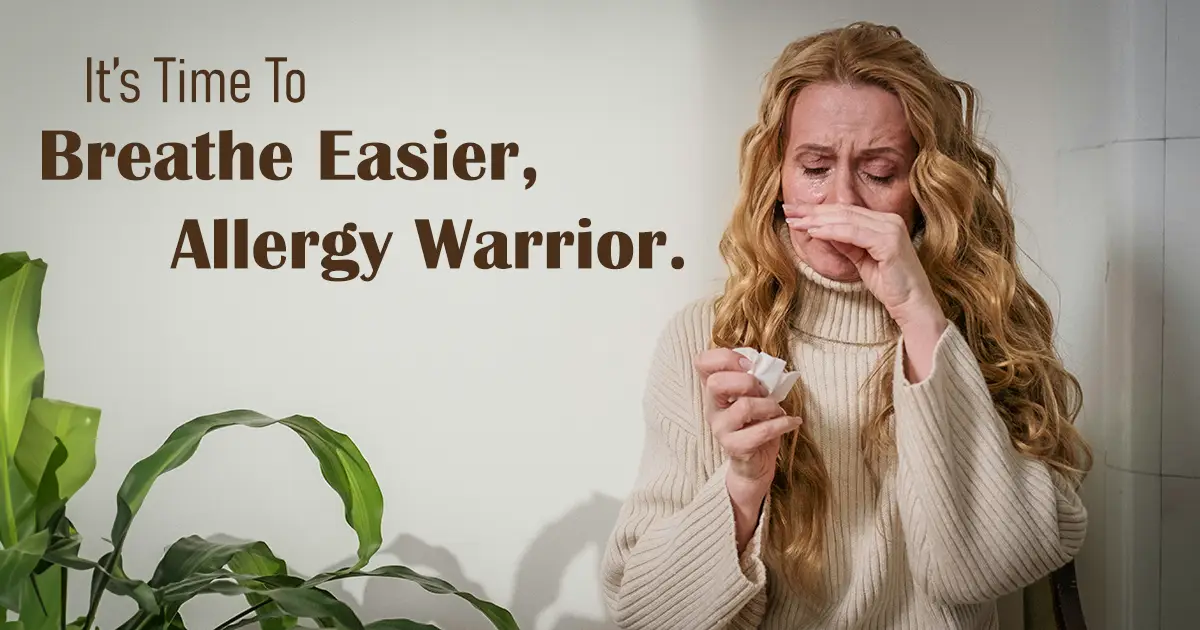The flowers are blooming, the sun is shining, and life in Wynne, Arkansas, feels fresh again after a long winter. But for many of us, there’s a not-so-sweet side to spring: the return of seasonal allergies. If your nose is running, your eyes are itchy, or you feel constantly sneezing indoors, your HVAC system might play a bigger role than you think.
At Advantage Heating & Air Conditioning, we help homeowners in Cross County and the surrounding areas understand how to use their HVAC systems for comfort and to create a cleaner, healthier indoor environment—especially during allergy season.
Let’s dig into why spring allergies hit so hard, how your HVAC system could be making things worse (or better), and what you can do to enjoy this beautiful season without the sniffles.
Why Are Spring Allergies So Bad in Northeast Arkansas?
You’re not imagining it… allergy season really has gotten worse in recent years. Thanks to warmer temperatures and longer growing seasons, we’re seeing higher pollen counts that start earlier and last longer.
In Wynne and the surrounding areas, the biggest culprits during spring include:
- Tree pollen (especially from oak, maple, and birch trees)
- Grass pollen (which ramps up in late spring and summer)
- Mold spores, which thrive in damp, decaying spring plant matter
- Dust and pet dander, which accumulate indoors when homes are closed up over the winter
To make matters worse, the way our homes are sealed and ventilated can sometimes trap these allergens inside, turning your house into a pollen prison.
So if you feel like you can’t catch a break from allergies—even indoors—it might be time to look at your HVAC system.

How Your HVAC System Affects Allergies
Your HVAC system is like the lungs of your home. It moves air in and out, circulates it through your rooms, and (hopefully) filters out unwanted particles along the way. But here’s the catch: if your HVAC system isn’t well maintained, it could actually be spreading allergens around your home.
Let’s break down the common HVAC issues that could be making your allergies worse—and what you can do about them.
1. Weak or Dirty Air Filters
Air filters are your home’s first line of defense against allergens. They trap dust, pollen, pet dander, and other airborne particles before they can circulate through your living space. But here’s the deal: not all filters are created equal and don’t last forever.
What You Should Know: Low-MERV filters (common in budget HVAC systems) don’t trap smaller allergens like pollen or mold spores. Dirty filters can become clogged, reducing airflow and letting more contaminants slip through. That is why filters need to be replaced every 1 to 3 months, depending on the type and how often your system runs.
What You Can Do: Upgrade to a filter with a MERV rating of 8 to 13, ideal for most homes. These filters capture more allergens without restricting airflow too much. If you have pets, a large family, or suffer from severe allergies, changing your filter more frequently—monthly during peak allergy season—can make a big difference.
2. Leaky Ductwork
If your ductwork has gaps or cracks (especially in attics or crawlspaces), it can pull in unfiltered air full of dust, pollen, and even mold spores—and then blow those contaminants into your living spaces.
In fact, the EPA estimates that the average home loses up to 30% of its airflow through leaky ducts, and along with that lost air comes unwanted particles.
What You Can Do: Call Advantage Heating & Air Conditioning to schedule a professional duct inspection and sealing. Sealing your ductwork improves air quality, can boost your HVAC efficiency, and saves you money on your energy bill.
3. Poor Ventilation
Stale air means more allergens lingering indoors. If your HVAC system doesn’t properly circulate and exchange air, it can trap pollutants and allergens inside your home.
What You Can Do: Make sure vents and registers are clear of furniture and dust. Always run bathroom exhaust fans when showering, and kitchen exhaust fans when cooking, to remove moisture and airborne particles.
Consider upgrading your system to include energy recovery ventilators (ERVs), which bring in fresh air while maintaining energy efficiency.
4. Dry Indoor Air
Ironically, turning on your air conditioner in spring and summer can dry out the air inside your home. And dry air helps allergens stay airborne longer, making you more likely to inhale them.
What You Can Do: Use a humidifier to maintain indoor humidity between 30%–50%. This helps with allergens and improves overall comfort (and is gentler on your skin and sinuses).
5. Dirty HVAC Components
Your HVAC system itself can be a hiding place for dust, pollen, and even mold—especially if it hasn’t had a good cleaning in a while.
What You Can Do: Don’t forget to schedule your bi-annual HVAC tune-up with Advantage Heating & Air Conditioning. We will come out to your home and test your HVAC system, give it a good tune up, and clean it. This prepares it for the harsh summer temperatures that are on their way.
6. Outdated HVAC System?
If your system is 10 years old or older, it may not keep up with today’s indoor air quality standards.
Modern HVAC systems offer better filtration, improved airflow, and optional add-ons like whole-home air purifiers or UV germicidal lights that can kill mold and bacteria. While it’s a hefty investment, upgrading your system can pay off in fewer allergy symptoms, lower energy bills, and a healthier home overall.

Everyday Habits That Help Reduce Allergens Indoors
Even the best HVAC system can’t do it all on its own. Here are some simple steps you can take at home to reduce allergens:
- Keep Windows Closed: Letting in that spring breeze is tempting, but open windows means an open invitation for pollen. Use your HVAC system’s fan setting to circulate air instead. Make sure your car’s A/C is set to “recirculate” when driving.
- Spring Clean Like a Pro: Vacuum carpets and rugs at least once a week with a HEPA vacuum. Dust surfaces with a damp cloth or microfiber duster (dry cloths move dust around). Wash curtains, bedding, and cushion covers often in hot water to kill dust mites.
- Groom Your Pets: Pets can carry pollen on their fur—and their dander adds to indoor allergens. Wipe their paws and coats after outdoor time. Bathe and brush them regularly (or have them professionally groomed). And most importantly, keep them off beds and couches, especially if you have allergies.
- Shower Before Bed: Pollen can cling to your hair and skin. A quick rinse before bed helps keep it out of your sheets (and your nose).
The Spring Allergy Survival Checklist
Let’s recap the key ways to allergy-proof your home this spring:
- Replace your air filter with a high-MERV or HEPA option
- Schedule a spring HVAC maintenance visit
- Check for and seal any duct leaks
- Keep windows and doors closed
- Clean regularly (especially carpets, bedding, and surfaces)
- Groom pets often
- Shower before bed to remove pollen
- Consider adding air purifiers or UV lights to your system
Final Thoughts
Here in Wynne, AR, we know how beautiful spring can be… but we also know how miserable allergies can make it. The good news? You don’t have to suffer through the season.
At Advantage Heating & Air Conditioning, we specialize in helping homeowners in Cross County and Northeast Arkansas create healthier, more comfortable homes through smart HVAC solutions. Whether you need a filter upgrade, duct sealing, a spring system tune-up, or advice on air purifiers, our friendly team is here to help you breathe easier this season—and all year long.
Call us today at (870) 238-8785 to book your spring HVAC maintenance or indoor air quality consultation. Let us help you enjoy all the beauty of spring… without the itchy eyes, sneezing, or congestion. Breathe Cleaner, Live Better!



